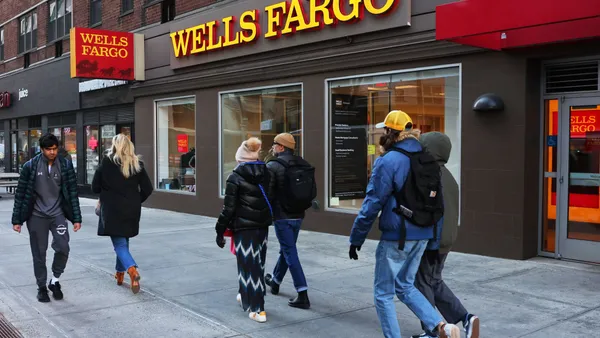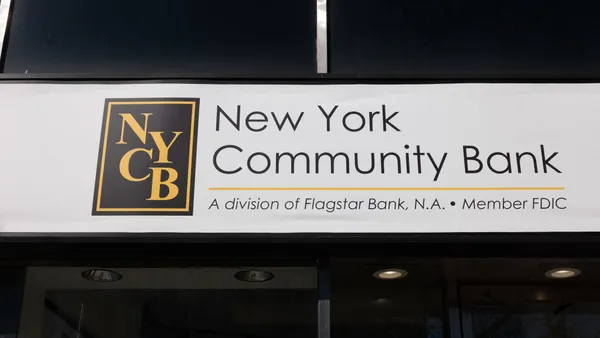Dive Brief:
-
Brex, a San Francisco-based fintech, has withdrawn its applications to form an industrial loan company (ILC) and gain deposit insurance, the company said on Monday.
-
"Brex has voluntarily withdrawn its bank charter and federal deposit insurance applications," a Brex spokesperson said in a statement. "This will permit us to modify and strengthen our application and resubmit at a later date. We appreciate the support and thoughtful guidance from the Utah [Department of Financial Institutions] and the [Federal Deposit Insurance Corp.]."
-
Brex, which is best known for offering banking services to startup businesses, applied for the Utah charter in February, and is among a growing number of nonbanks and fintechs choosing the ILC route in order to gain bank licenses.
Dive Insight:
Brex’s decision to withdraw its application and its plans to refile at a later date are not unusual. Rakuten, as well as payments provider Square and student loan servicer Nelnet, have all made similar moves regarding their ILC applications.
Fintechs like Brex, which don’t have bank charters, rely on partnerships with traditional banks in order to offer their customers banking services and FDIC-insured deposits.
Since its founding in 2017, Brex has partnered with banks such as Radius Bank and UMB Financial to offer small and medium-sized businesses (SMBs) its suite of products.
Brex Bank would expand upon its existing suite of financial products and business software, offering credit solutions and FDIC-insured deposit products to SMBs, the company said in February.
The fintech has brought on former Silicon Valley Bank executive Bruce Wallace as the proposed CEO of Brex Bank, as well as Jean Perschon, the former CFO for UBS Bank USA, as Brex Bank’s CFO.
Since the FDIC approved deposit insurance for Square and Nelnet in March 2020, making the two companies the first to gain the charter in 10 years, ILCs have become an increasingly popular route for other growth-focused nonbanks and fintechs looking to obtain their own bank licenses.
A number of nonbanks, including General Motors Financial Company, investment company Edward Jones, Japanese e-commerce giant Rakuten, and the nonprofit Thrivent have also applied for ILC charters since March 2020.
The interest in ILCs, however, has sparked pushback from trade groups and lawmakers who say the charter allows companies to provide banking services while sidestepping Federal Reserve oversight.
Since ILCs are owned by commercial firms that are not regulated by a federal banking agency, bank trade groups argue the lack of oversight is a consumer safety issue.
"Any company that wishes to own a full-service bank should be subject to the same restrictions and supervision that apply to any other bank holding company," Independent Community Bankers of America President and CEO Rebeca Romero Rainey said in a statement in 2019, in response to a bill that would halt nonfinancial companies' ability to establish ILCs.












